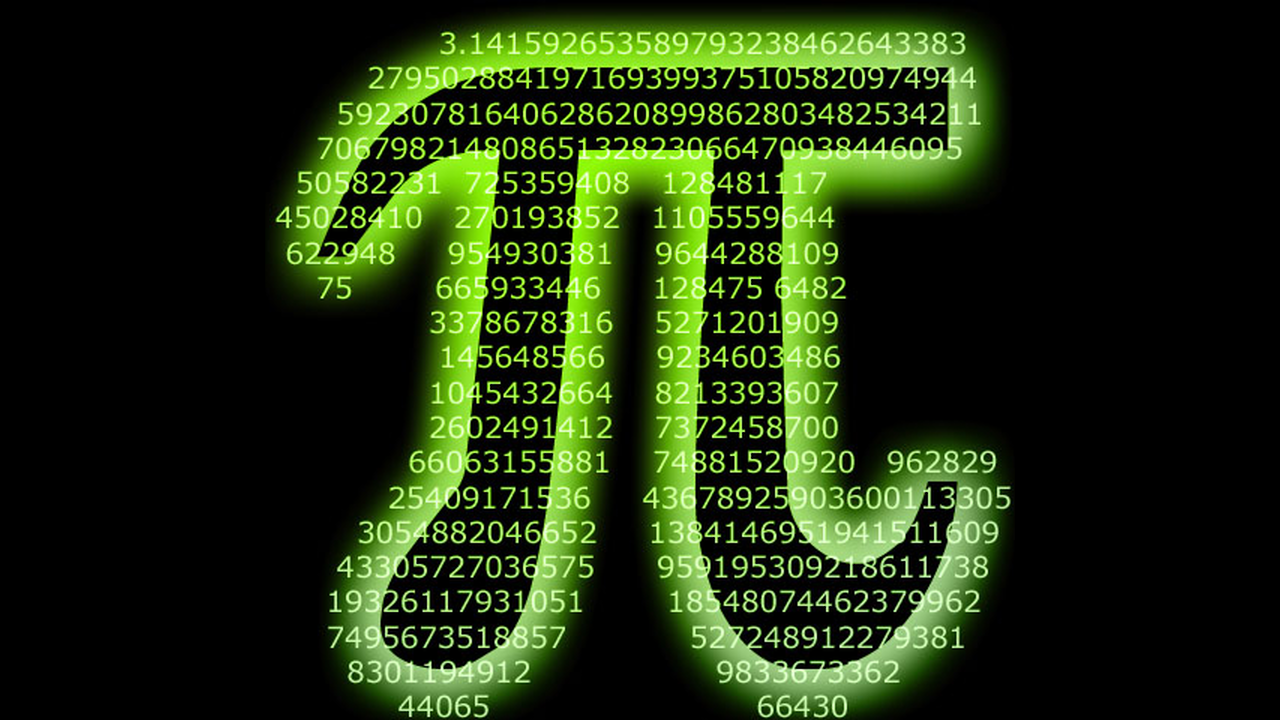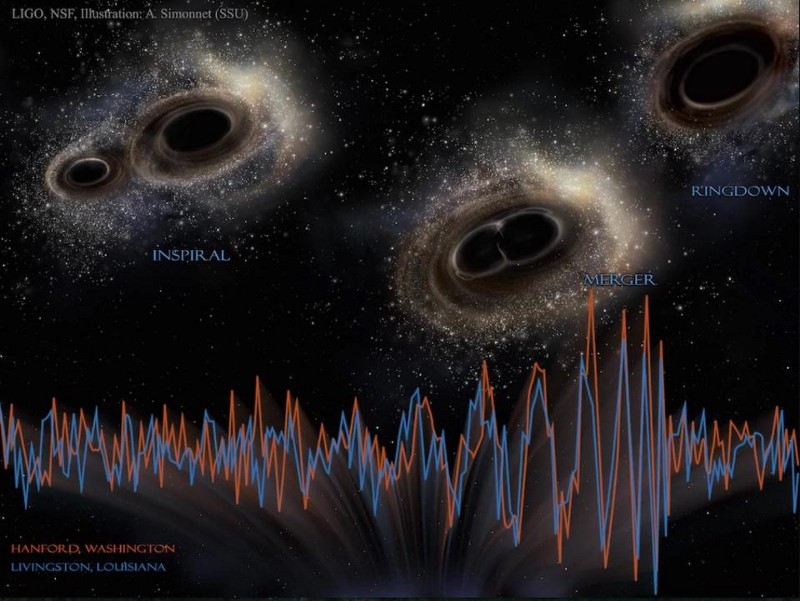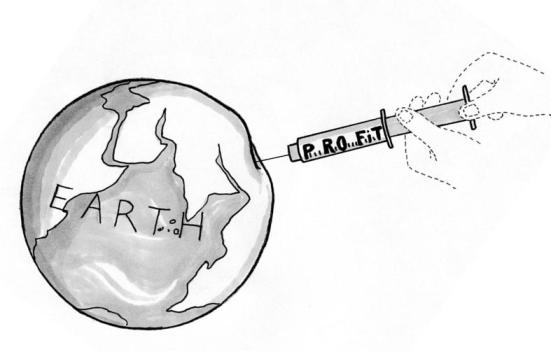Happy Pi Day!

It’s March 14th! Happy 3.14159265359 Day! Are you celebrating by baking a “pi”? Mashable marked the day with a round-up of delicious pie recipes.
Pi Day began 26 years ago in San Francisco. Slashdot has the story:
Large-scale celebration of Pi Day began in 1988, mostly through the efforts of physicists Larry Shaw and Ron Hipschmann at the San Francisco Exploratorium. The Exploratorium still runs Pi Day events 26 years later, including Pi-themed processions and pie for dessert. In 2009, Pi Day became semi-official through a vote by the House of Representatives. (They did a better job with Pi than did Indiana, who almost legislated it to be 3.2.)
Need plans for tonight? Here are some pi-related activities, from Slashdot:
The best way to celebrate Pi Day is to get together with some friends and talk math over a pie. You could even go for a pizza pie, since a pizza with radius ‘z’ and height ‘a’ has volume = pi * z * z * a. If you’d care for a game, head over to the Pi Day Challenge, which features a series of pi-related logic puzzles. Or just spend the day learning about pi.
Neotorama has even more pi-tastic ideas, in case you’re really feeling festive. How will you be celebrating Pi Day?
Image credit: Gazimoff/Flickr





